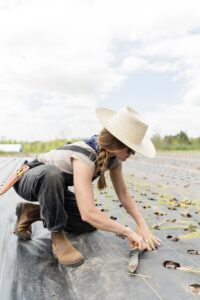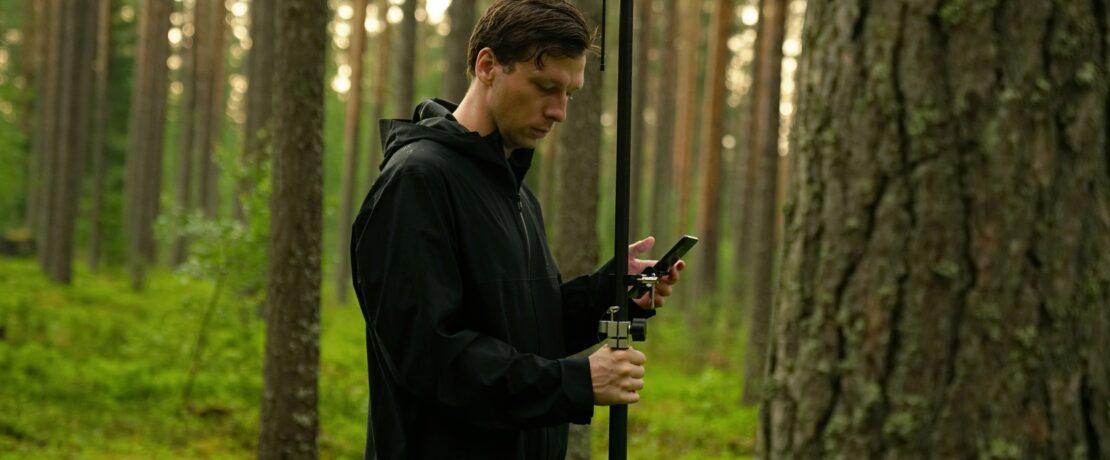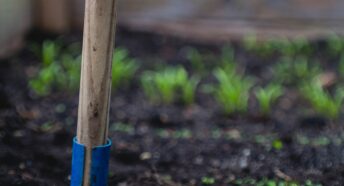A Net Gain for Nature?
Biodiversity Net Gain (BNG) is a way of creating and improving natural habitats when development takes place – the aim is to ensure that there is a measurably positive impact (a “net gain”) on biodiversity compared with what was there before.
The concept has been with us for a while, as part of local planning guidance. But as from this Spring, it becomes mandatory across England, applying – with a few exceptions – to major developments from January and smaller ones from April: developers must deliver a BNG of 10%, and must show how they will do it as part of their application for planning permission.
 Biodiversity is measured using a statutory biodiversity metric, which is a tool for calculating the number of “units” of habitat (such as hedgerows or grassland – or watercourses) so that the position before the start of a development can be assessed by an ecologist, and the number of units needed for net gain can be calculated. Developers can then achieve BNG by creating or enhancing habitats onsite, offsite, or – eventually – by buying credits from a central register. Landowners, meanwhile, can invest in habitat management and then sell the credits they have generated. The aspiration is for BNG not only to improve local environments and help to halt species decline, but also to contribute to tackling climate change and to encourage new investment in natural capital.
Biodiversity is measured using a statutory biodiversity metric, which is a tool for calculating the number of “units” of habitat (such as hedgerows or grassland – or watercourses) so that the position before the start of a development can be assessed by an ecologist, and the number of units needed for net gain can be calculated. Developers can then achieve BNG by creating or enhancing habitats onsite, offsite, or – eventually – by buying credits from a central register. Landowners, meanwhile, can invest in habitat management and then sell the credits they have generated. The aspiration is for BNG not only to improve local environments and help to halt species decline, but also to contribute to tackling climate change and to encourage new investment in natural capital.
But will it work? There are already some good examples where it seems to have been successful, for example in Oxfordshire where a flood storage scheme delivered a 13.5% BNG by improving an existing wetland area. But the system will be complex to operate and – as critics have already pointed out – difficult to enforce, with much of the burden falling on local planning authorities, which are resource-strapped and often lack ecological expertise. So at CPRE Bucks we’ll be watching this space with interest and keeping our fingers firmly crossed! You can find out more about BNG on the Defra pages of gov.uk









